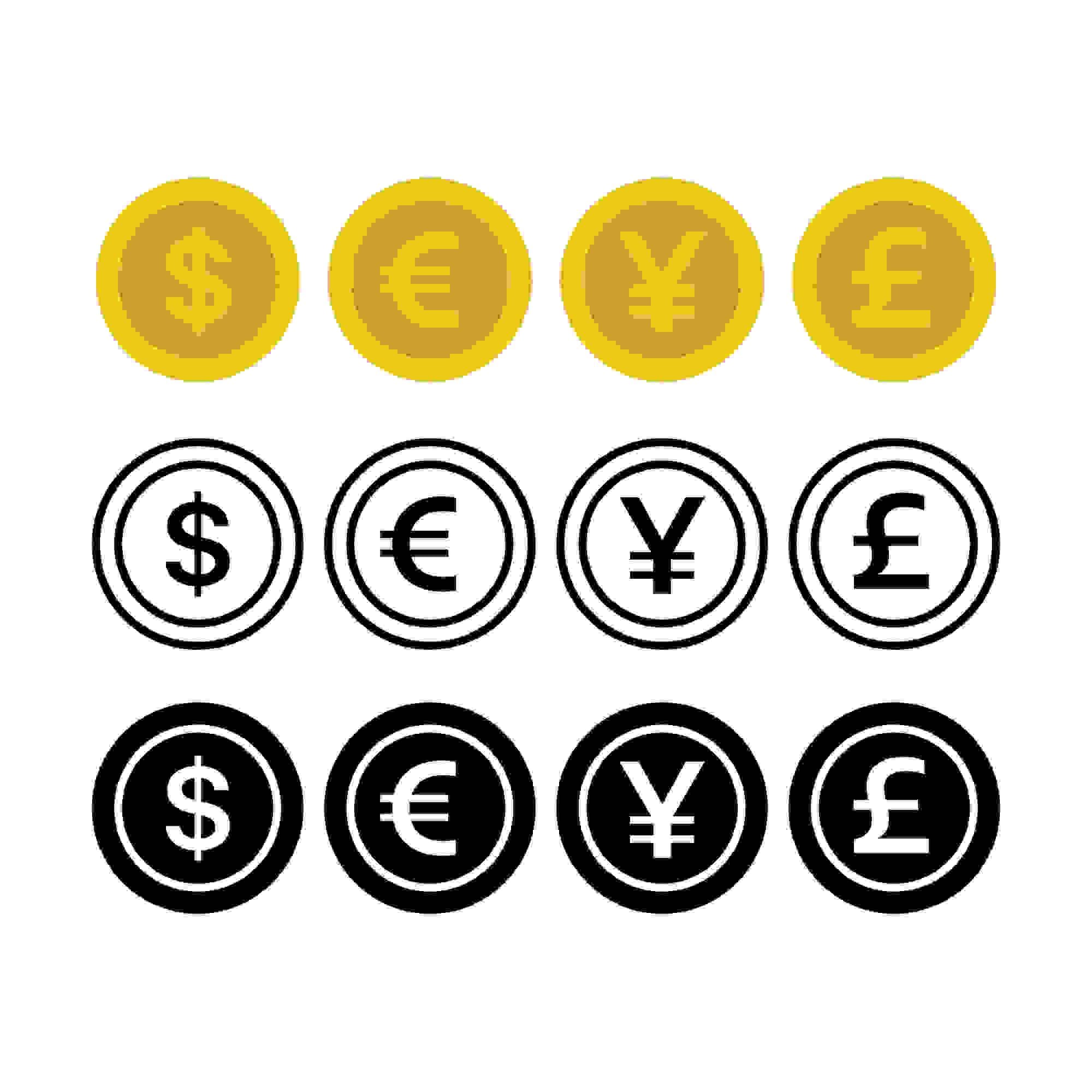Private equity (PE) firms face several risks when making investments in multiple countries. This guide details how currency fluctuations affect private equity investing and how investors can hedge against related risks.
Key Takeaways
- Currency fluctuations can significantly impact private equity deals from commitment to business exits.
- Exposure to currency fluctuations occurs in the mode of asset acquisition, management fee processing, and fundraising.
- Private equity firms use short-dated, share class, and natural hedging to reduce currency fluctuation risks.
How Private Equity Deals Work
Private equity deals are among the most sought-after in the corporate world. The reason is not far-fetched. Private equities often yield very high rates of return, giving investors much value for their money. Unlike forex trading, where investors buy and sell currencies for a profit, private equity firms buy businesses, boost the businesses and their revenue, and then sell them after a while.
Essentially, investors in a private equity firm bet on the growth of a business over time to make a profit. The only way private equity works successfully for investors is if the company they're buying into is currently undervalued or is being mismanaged and so is underperforming. However, success is not guaranteed, and currency fluctuations are a significant factor that poses a risk to private equity investing.
Why Currency Matters in Cross-border Private Equity Deals

Private equity firms operate from national to international levels. Private equity firms operating solely within a country only face currency fluctuations peculiar to a single base currency used for operations. On the other hand, private equity firms that conduct cross-border deals are exposed to multicurrency fluctuation risks. Whether local or international, currency fluctuations can significantly damage a private equity firm, from erasing realized profits to extending the impact of accrued losses. There are four major aspects to consider when getting a clearer picture of how currency matters in private equity investing.
1. Foreign Currency Assets
When private equity firms invest in foreign assets, changes in the exchange rates create a significant difference between the firm’s base currency and the currencies in which the underlying assets generate value. Take, for example, a US-based PE firm holding Asian assets that is exposed to fluctuations in the yen against the dollar. If the yen depreciates against the dollar, the company loses when the assets are valued in dollars. Even when the assets appreciate, the depreciating currency against the dollar erodes the realized profits. The effect of the currency fluctuations is much more pronounced when the private equity firm is ready to sell the business.
2. Management Fees
Private equity firms sometimes process expenses in different currencies. This may include the management fee, which is a percentage of the firm's entire capital. The management fee is used to cover the firm's operational expenses and is usually 1 or 2%. Operational expenses range from travel to debt financing, office administration, and local advisory fees. When these expenses are processed in a different currency from the firm’s base currency, it could significantly affect the value of the management fee.
3. Investor Capital
When private equity firms pull investors' capital to make up a fund, they may sometimes need to convert committed capital to a single currency. Currency risks arise when investors pay in local currencies with volatile exchange rates. The value of the capital investors commit can change very quickly between when the money is collected and when it is converted and added to the fund. The private equity firm may encounter unexpected losses or gains in such instances.
Managing Currency Risk: Common Strategies Used by Private Equity Firms

Currency fluctuations affect every part of private equity investing, from equity purchase to exit. Here are the top strategies PE firms can use to hedge against currency fluctuation risks:
1. Short-Dated Hedging
Private equity firms usually use short-dated hedging over long-term hedging to protect against currency risks. The idea behind this is simple. Hedging involves using derivatives like futures, forwards, and options to protect against currency risks while covering expenses like management fees and debt financing. Using long-term hedges means PE firms have to lock in their contracts for years, which can be expensive in the long run. Aside from the cost, most PE firms prefer short-dated hedging, as they aim to dispose of the business under investment in several months. Short-dated hedging allows private equity firms to keep currency fluctuation risks in check and roll over the derivative contracts if needed.
2. Share-Class Hedging
Share-class hedging is a form of built-in foreign exchange risk management. Using this strategy, a PE firm allows its investors to customize their investment experience. The private equity firm creates separate share classes with built-in currency hedges. Investors who want to commit to the fund in a currency different from the fund’s base currency can do so without foreign exchange risk. For example, a private equity fund is denominated in USD but accepts European investors in EUR. The PE firm hedges the EUR/USD exposure if an investor chooses the EUR-hedged share class. This way, the investor’s returns are based on the fund’s performance, not currency swings. However, the investor will be required to pay the hedge cost periodically.
3. Natural Hedging
Private equity firms use natural hedging to reduce currency risk by investing in assets whose performances are negatively correlated. For instance, a PE firm investing in a business in the US can invest in Asian equities as a natural hedge. This strategy works brilliantly when a recession or currency depreciation occurs in one region, allowing the strength of the other currency to offset any losses.
Before You Go
Currency fluctuations matter to private equity investors because they impact how deals are made and how profitable investments are in the long term. They also affect the value of investors' capital commitments when and after they are made. When investors invest through their local currencies, they may need to pay more to meet the required quota in the PE firm's base currency, which can slow fundraising efforts. However, using contracts like forwards and options to hedge against currency fluctuations can help preserve value and mitigate against unexpected losses.


